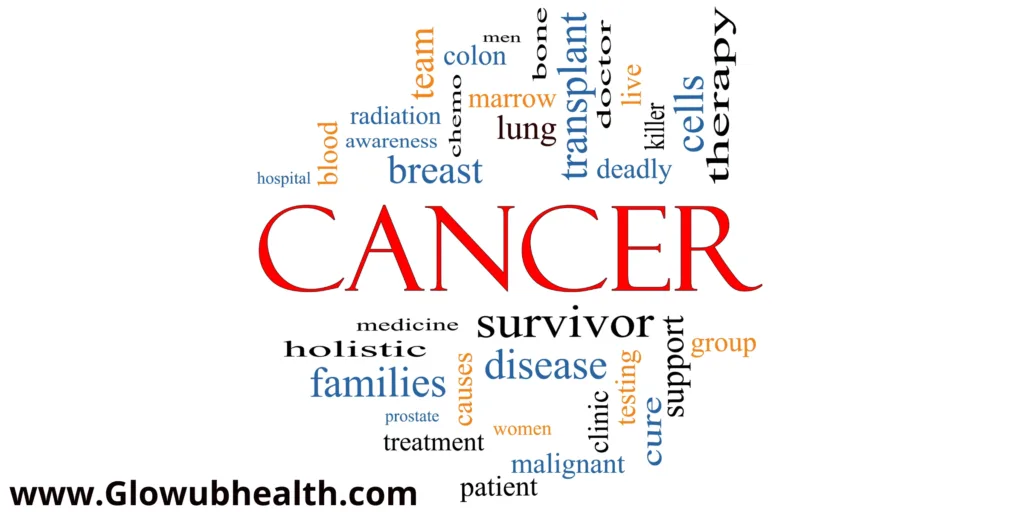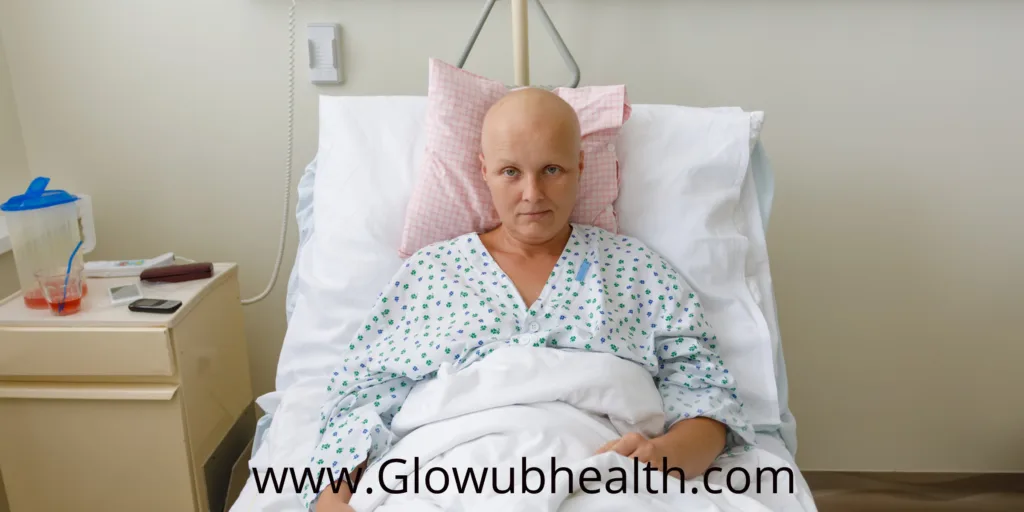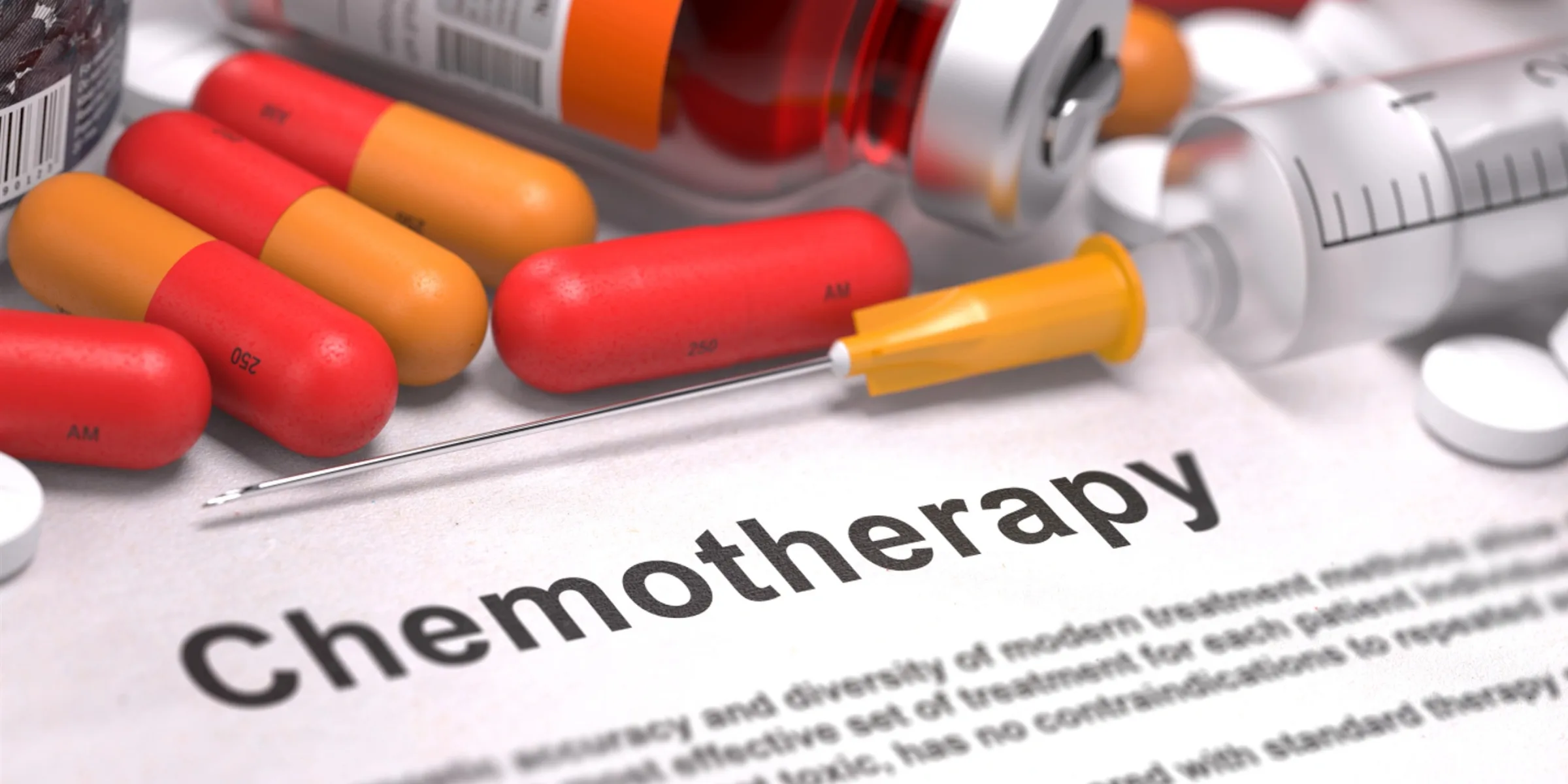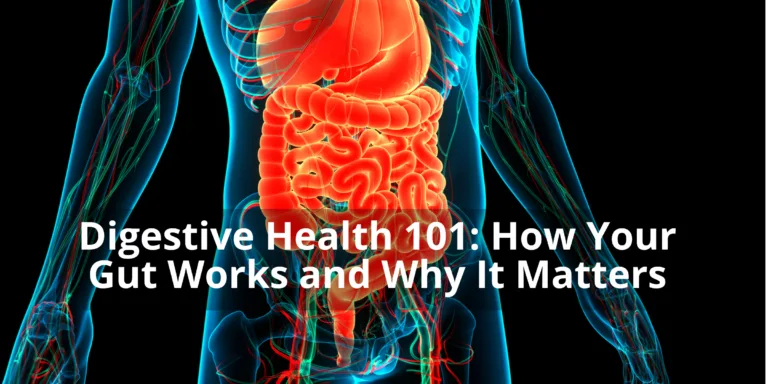Chemo Side Effects: What to Expect During Treatment
Chemotherapy is a cornerstone in the fight against cancer—helping to shrink tumors, slow the spread of disease, and, in many cases, save lives. But while it can be incredibly effective, it also comes with a range of side effects that can be tough to navigate, both physically and emotionally.
Whether you’re just beginning treatment or walking alongside a loved one through the process, understanding what to expect makes a world of difference. In this guide, we’ll explore the most common chemotherapy side effects, offer practical strategies for managing them, and shed light on the long-term impacts you might face. The goal? To help you feel informed, empowered, and a little more prepared for the journey ahead.
This content is for informational purposes only and does not constitute medical advice. Chemotherapy and its side effects can vary widely between individuals. Always consult with your oncologist or a qualified healthcare provider for personalized guidance and treatment decisions.

What Are Chemo Side Effects?
The Purpose of Chemotherapy
Chemotherapy involves the use of drugs to kill cancer cells or stop their growth. These drugs are often aggressive, targeting rapidly dividing cells, which include cancer cells and some healthy cells, like those in the hair follicles, digestive system, and bone marrow.
Why Side Effects Happen
Because chemotherapy cannot distinguish between cancerous and healthy cells, it often damages normal cells, leading to side effects. These chemotherapy side effects vary depending on:
- The type and dosage of chemotherapy drugs.
- The patient’s age, overall health, and cancer type.
- Individual responses to treatment.
By understanding these variables, patients can anticipate and prepare for the most likely side effects of chemotherapy they’ll experience.
Common Chemo Side Effects and How to Manage Them

Chemotherapy affects each person differently, but there are several common side effects that most patients encounter.
1) Fatigue
Fatigue is the most frequently reported chemo side effect, with many patients describing it as a profound lack of energy that doesn’t improve with rest.
Managing Fatigue:
- Stick to a Routine: Maintain a consistent sleep-wake schedule.
- Engage in Light Activity: Gentle exercise, such as stretching or walking, can improve circulation and energy levels.
- Nutrition and Hydration: Focus on a balanced diet rich in iron, B vitamins, and fluids.
Read More: Balanced Nutrition: The Complete Guide to a Healthier Lifestyle
- Delegate Tasks: Allow friends and family to help with errands or chores.
2) Nausea and Vomiting
These are hallmark side effects of chemotherapy, often caused by the drugs irritating the stomach lining or affecting the brain’s nausea centers.
Strategies to Reduce Nausea:
- Take Prescribed Antiemetics: Medications like ondansetron or metoclopramide can be very effective.
- Eat Small, Frequent Meals: Avoid heavy, greasy foods and opt for bland options like crackers, rice, or bananas.
- Stay Hydrated: Sip on ginger tea, peppermint tea, or electrolyte drinks.
- Acupressure Bands: These may provide relief by targeting pressure points linked to nausea.
3) Hair Loss (Alopecia)
Hair loss is an emotionally challenging chemo side effect, as it’s a visible reminder of cancer treatment. It typically begins two to three weeks after starting chemotherapy and may affect hair on the scalp, eyebrows, and eyelashes.
Coping Mechanisms:
- Scalp Cooling Caps: These reduce blood flow to the scalp during chemo, minimizing hair loss.
- Prepare Ahead: Consider cutting your hair short before treatment begins to ease the transition.
- Explore Options: Look into wigs, scarves, or hats that make you feel confident.
- Support Groups: Sharing experiences with others can help emotionally.
4) Suppressed Immune System
Chemotherapy weakens the immune system by reducing white blood cell production, leaving patients more susceptible to infections.
Tips to Stay Healthy:
- Practice Good Hygiene: Wash hands frequently, especially before eating or after touching shared surfaces.
- Avoid Crowded Areas: Minimize exposure to germs in public spaces.
- Boost Immunity Naturally: Incorporate foods like garlic, ginger, and citrus fruits into your diet.
- Monitor Symptoms: Report fever or signs of infection to your doctor immediately.
5) Mouth Sores (Oral Mucositis)
Chemotherapy can cause painful sores in the mouth, making it difficult to eat or drink.
Managing Mouth Sores:
- Ask About Medication: Your doctor might prescribe topical anesthetics or protective mouthwashes.
- Rinse with Saltwater: Use a gentle saline solution to keep sores clean.
- Avoid Irritants: Skip spicy, acidic, or crunchy foods.
- Stay Hydrated: Drink plenty of water to keep your mouth moist.
Long-Term Side Effects of Chemotherapy

While most chemo side effects subside after treatment ends, some can have lasting impacts.
Cognitive Changes (“Chemo Brain”)
Patients often report memory lapses, trouble concentrating, and mental fog, a phenomenon often referred to as “chemo brain.”
Coping with Cognitive Challenges:
- Stay Organized: Use planners, sticky notes, and apps to track tasks and appointments.
- Brain Exercises: Engage in puzzles, crosswords, or reading to stimulate the mind.
- Seek Professional Help: Occupational therapists can provide strategies to manage cognitive issues.
Fertility Issues
Some chemotherapy drugs can affect fertility, particularly in younger patients.
Addressing Fertility Concerns:
- Emotional Support: Counseling can help patients navigate the psychological impact of infertility.
- Preserve Options: Consider egg or sperm banking before treatment begins.
- Discuss Alternatives: Your doctor can explore fertility-preserving treatments.
Emotional and Psychological Impacts
Chemotherapy doesn’t just affect the body—it impacts the mind and spirit as well. Many patients experience anxiety, depression, or fear of the unknown during treatment.
Coping Strategies:
- Support Networks: Connecting with other patients or survivor groups can reduce feelings of isolation.
- Therapy: Talking to a licensed counselor can provide emotional tools for managing stress.
- Mindfulness Practices: Meditation, yoga, and deep breathing exercises promote calmness.
- Journaling: Writing about feelings can provide clarity and emotional release.
Case Study: Overcoming the Challenges of Chemo Side Effects
John, a 62-year-old colorectal cancer patient, was overwhelmed by fatigue, nausea, and emotional distress during his chemotherapy journey.
After working closely with his healthcare team, he implemented small but effective changes: sticking to a regular meal schedule, practicing meditation, and seeking peer support.
These adjustments improved his quality of life significantly, enabling him to complete treatment with resilience.
How to Prepare for Chemotherapy
Being proactive can help minimize the challenges of chemotherapy side effects.
Before Treatment:
- Plan Meals: Stock up on easy-to-digest foods and snacks.
- Pack a Chemo Bag: Include water bottles, lip balm, a cozy blanket, and entertainment.
- Arrange Help: Ask family or friends to assist with errands or transportation.
During Treatment:
- Communicate Symptoms: Keep your healthcare team informed about how you’re feeling.
- Stay Active: Light stretching or walking can help reduce stiffness and improve mood.
- Hydrate: Drinking water aids in flushing toxins and staying energized.
After Treatment:
- Celebrate Small Wins: Acknowledge milestones, no matter how small.
- Schedule Follow-Ups: Regular doctor visits are essential to monitor recovery and address lingering side effects.
Conclusion
Facing the side effects of chemotherapy can feel overwhelming—but with the right information, support, and mindset, you’re not powerless. Knowledge truly is strength, and the more you understand what to expect, the better prepared you’ll be to face each phase with confidence.
Take it one day at a time. Whether it’s managing fatigue, coping with nausea, or navigating emotional ups and downs, there are strategies and people who can help. Lean on your healthcare team, connect with support groups, and don’t hesitate to reach out to loved ones.
You’re not alone in this. With care, patience, and the right tools, you can make the journey through chemotherapy more manageable—and even more hopeful.
FAQ
1. What are the most common chemo side effects?
The most common side effects of chemotherapy include fatigue, nausea, vomiting, hair loss, a weakened immune system, and mouth sores. Other effects may include changes in appetite, digestive issues, and skin changes.
2. Do chemo side effects vary from person to person?
Yes, chemo side effects can vary widely depending on the type and dosage of chemotherapy drugs, the individual’s overall health, age, and how their body responds to the treatment. Some people experience mild side effects, while others may have more severe symptoms.
3. How long do chemotherapy side effects last?
Many side effects are temporary and resolve after treatment ends, such as nausea, fatigue, and hair loss. However, some side effects, like nerve damage or fertility issues, may last for months or even be permanent.
4. Can chemo side effects be prevented?
While you may not prevent side effects entirely, steps can be taken to minimize their severity. For example:
-Medications can manage nausea and vomiting.
-Staying active and eating a healthy diet can combat fatigue.
-Immune-boosting strategies reduce infection risk.
Discussing potential side effects with your doctor before starting treatment can help prepare you.
5. Is hair loss guaranteed during chemotherapy?
Hair loss depends on the type of chemotherapy drugs used. Not all chemotherapy treatments cause hair loss, and some patients only experience thinning. Scalp cooling caps are an option to reduce the likelihood of hair loss.
6. What can I eat during chemotherapy to help manage side effects?
Focus on nutrient-rich, easy-to-digest foods such as:
-Fresh fruits and vegetables.
-Whole grains like oatmeal or quinoa.
-Lean proteins such as chicken, fish, or tofu.
-Bland options like crackers or rice if experiencing nausea.
Staying hydrated is equally important. Speak with a nutritionist for personalized advice.
7. What should I do if I get an infection during chemotherapy?
Chemotherapy weakens the immune system, making infections a serious concern. If you experience symptoms like fever, chills, or persistent cough, contact your doctor immediately. Practice good hygiene, avoid crowded places, and consume immune-supporting foods to reduce risk.
8. What is “chemo brain,” and will it go away?
“Chemo brain” refers to cognitive challenges such as memory lapses, difficulty concentrating, and mental fog during or after chemotherapy. For most patients, these symptoms improve over time, but some may experience lingering effects. Staying organized and engaging in mental exercises can help manage this condition.
9. How can I emotionally cope with chemo side effects?
Coping strategies include:
-Joining support groups to connect with others experiencing similar challenges.
-Practicing mindfulness, yoga, or meditation.
-Seeking therapy or counseling to process emotions.
-Keeping a journal to express feelings and track progress.
10. Are there long-term side effects of chemotherapy?
Long-term effects may include nerve damage, heart or lung issues, fertility challenges, and cognitive changes. Regular follow-ups with your doctor are essential for monitoring and addressing any lingering effects.





